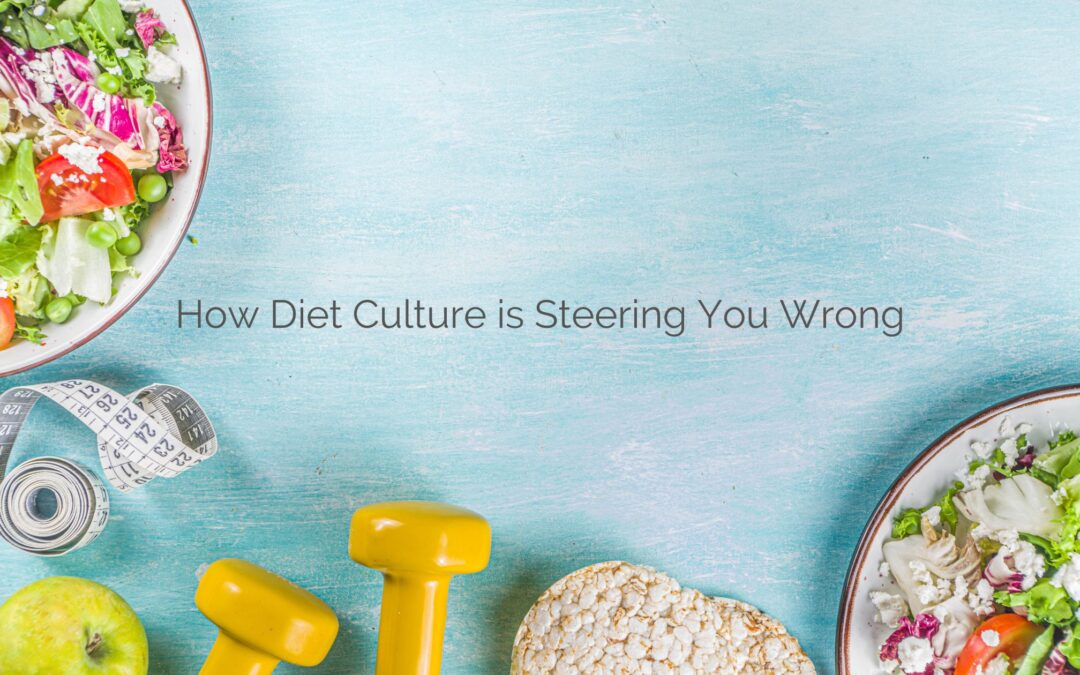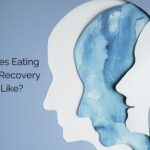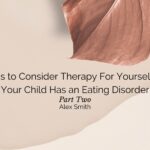With all of the talk around keto, paleo, intermittent fasting and whether spin classes, HIIT, or strength training is the best kind of exercise, it can be incredibly difficult to sift through what is sound advice and what is really a disordered message in disguise. And while the January diet focus content might be slowing down, the diet talk continues as we get closer to spring and summer. So today, I’m going to share with you a few ways that diet culture is steering you wrong and can perpetuate unhealthy and disordered eating and exercise habits.
Diet culture promotes extreme, all-or-nothing views.

Instead of engaging in trends about the latest diet or exercise fad, seek out the support of a registered dietitian who can provide education around nutrition, demystify popular beliefs such as carbs are evil and fat is bad, and work with you to create a customized meal plan that supports your optimal health and wellbeing.
Diet culture perpetuates a focus on your body and the belief that your appearance measures your worth.

Disordered eating and exercise become the focus, the tools that seem to be the answer, but in reality, they are a distraction from what is underneath. In therapy, we work together to uncover those underlying factors to help you heal the root cause of your disordered eating and separate your self-worth from how your body looks.
Diet culture does not support genuine wellbeing.
It’s important to note that not all messages around nutrition, exercise, and body image are negative and unhelpful. What sets diet culture messaging apart is the link between appearance and self-worth. Diet culture doesn’t care how you feel about yourself, what your life has been like, and what it will take for you to be the happiest, healthiest version of yourself. It only cares that you engage in the latest diet trend so that you meet the current standard of beauty…and then change it again in five years when a new body type is “in.”

I am currently accepting new clients. If you are interested in exploring your relationship with food, fitness, or simply leveling up your mental and emotional wellbeing, please call our intake line at (720) 675-7123 to schedule your free consult today.
Photo Credits:
Photo by Diana Polekhina on Unsplash
Photo by Kira auf der Heide on Unsplash
Photo by Jeremy Thomas on Unsplash




